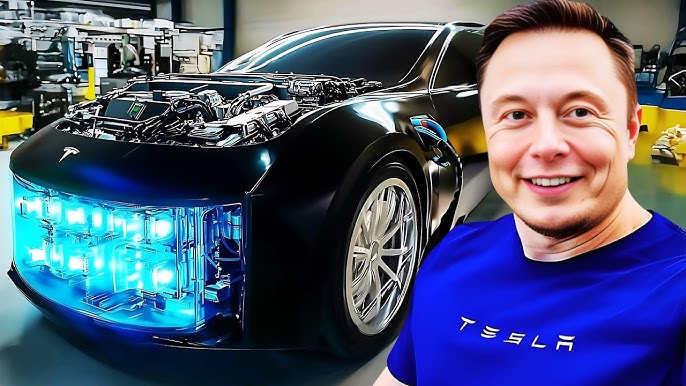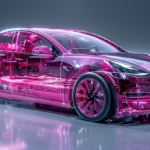Elon Musk has consistently pushed the limits of technology and innovation in the automotive industry. Tesla vehicles are known for their electric systems and advanced technology. Recently, there has been speculation about a hydraulic car by Musk. Could this idea redefine automotive engineering? Let’s explore the potential of such a vehicle.
Understanding Hydraulic Cars
Hydraulic cars use hydraulic systems to power their functions. These systems rely on hydraulic fluid to transmit power. This allows for smoother operations, better energy use, and lighter components. Hydraulic technology could change not just how cars are powered but also how they handle and perform in different conditions.
The Potential of Musk’s Vision
Elon Musk has not announced a hydraulic car yet. However, he often embraces technologies that challenge the norm. A hydraulic car from Musk could include:
- Increased Efficiency: Hydraulic systems are highly efficient. They use less energy while providing high power. This could improve electric powertrains.
- Enhanced Handling: Hydraulic controls for steering, suspension, and brakes could improve performance. The car could adapt better to various driving conditions.
- Lightweight Design: Hydraulic parts can reduce weight without losing strength. This would boost fuel or energy efficiency.
- Versatility: These systems can be customized for different driving needs. This could make driving more dynamic and appealing to a wider audience.
Environmental Considerations
Musk’s projects often focus on sustainability. A hydraulic car powered by renewable energy could have a low carbon footprint. Optimized hydraulic systems could also be an eco-friendly option compared to traditional vehicles.
Potential Challenges
Building a hydraulic car comes with challenges. The industry is heavily invested in electric vehicles. Hydraulic systems would require new engineering, regulations, and market acceptance. People may also associate hydraulic systems with heavy machinery. Consumer education will be key to shifting these perceptions.
Conclusion
The idea of a hydraulic car by Elon Musk is still speculative. However, its potential is exciting. If developed, it could transform automotive engineering. It would also align with Musk’s vision of sustainable innovation.
Musk’s drive for innovation ensures his future projects will surprise and inspire. Whether he creates a hydraulic car or focuses on electric technologies, the automotive industry will evolve. The future of sustainable transportation holds endless possibilities. All we can do now is wait and see what’s next.










